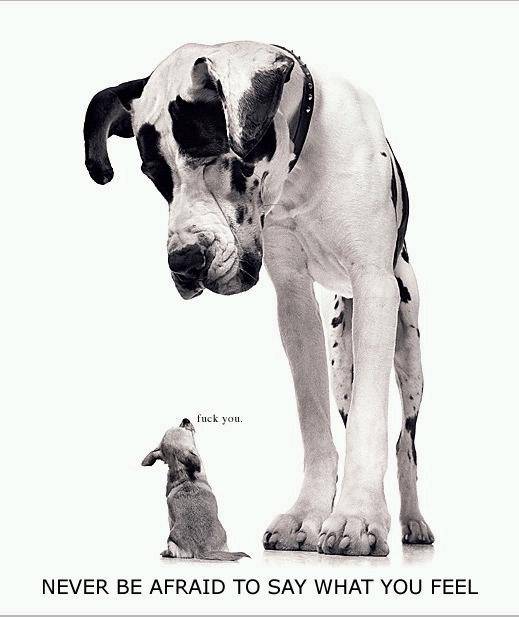from the NYTimes mag
This year, Americans will drink more than nine billion gallons of bottled water, nearly all of it from polyethylene terephthalate, or PET, plastic bottles. Water, together with other nonfizzy drinks, accounted for 90 percent of the growth of the entire beverage industry between 2002 and 2005. By the end of the decade, they are expected to outsell soda.
It's an oil issue:
Americans will throw out more than two million tons of PET bottles this year. Even when recycled, it is hard to turn scrap PET into new bottles. More virgin material is always necessary. PET is a petroleum product; it comes from oil. The Container Recycling Institute estimates that 18 million barrels of crude-oil equivalent were needed to replace the bottles we chucked in 2005, bottles that were likely shipped long distances to begin with —from Maine or Calistoga or Fiji.
Solution?
... the bottle bill is designed to hold industry accountable for the disposal of its products. This accountability has practical, not just philosophical, benefits: forcing companies to take back their empties has ensured they make their containers recyclable and build markets for the scrap. (It is because of the bottle bill that fleece jackets, mattresses and carpeting are now made from recycled plastic bottles; recycled bottles have become one of the most valuable scrap materials.) Nevertheless, defenses of the bottle bill often boil down to an insistence that the essential rightness of its principle, the idea of producer responsibility, simply outweighs its many other costs and inconveniences — particularly since the bulk of those costs and inconveniences are borne by the industry. That’s only just.
FUN FACT:
Globally, Nestlé owns 72 different brands of water, including Poland Spring, Deer Park and Arrowhead

No comments:
Post a Comment